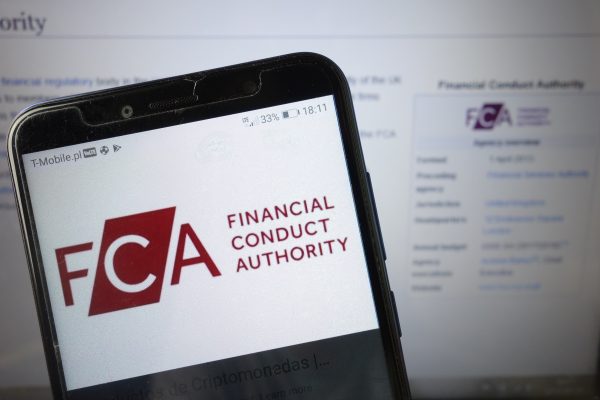The Financial Conduct Authority (FCA) has published new rules allowing victims of Authorised Push Payment (APP) fraud to complain to the payment services provider (PSP) receiving their payment.
In the case of APP fraud, the PSP is often a bank, which holds the accounts of either the victim or fraudster. Currently, the sending PSP, but not the receiving PSP, must handle these complaints in line with existing complaints handling rules in the FCA Handbook.
These obligations have now been extended to the receiving PSP and victims can refer their complaints to the Financial Ombudsman Service if they are unhappy with the outcome. The new rules will come into force on 31 January 2019.
APP fraud is where a fraudster tricks a payer into making an APP to an account controlled by that fraudster. UK Finance data on APP fraud show there were 43,875 cases of APP fraud and total losses of £236 million in 2017.
The FCA and Payment Systems Regulator (PSR) investigated APP fraud and found that receiving PSPs could do more to identify fraudulent incoming payments and prevent accounts from being compromised by fraudsters.
APP fraud is a growing problem. Separately, a steering group established by the PSR is developing a voluntary industry code, which aims to set standards for PSPs to prevent and respond to APP fraud and reimburse victims of APP fraud in certain circumstances.

Stocking only premium EV charging cables, we ensure you experience a stress-free EV charge, over and over, confidently backed by our 2 year warranty. Our premium & reliable charging cables are compliant with EU & UK safety standards. We offer free next day delivery* on all EV charging cables when shipped within mainland UK.








